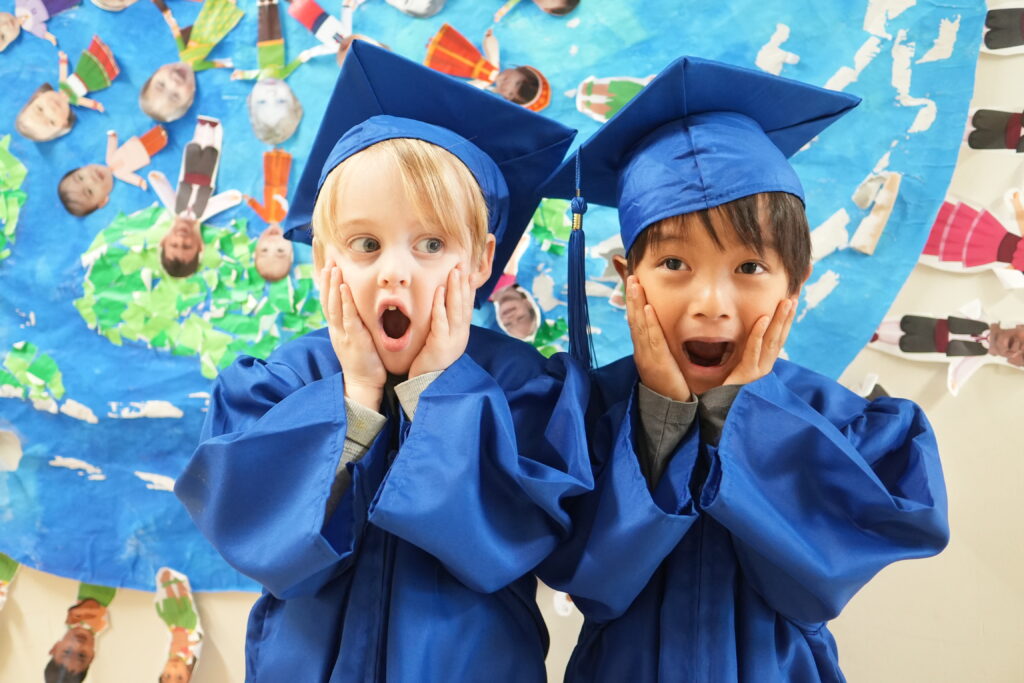
YBS is the only “bilingual school” in Yokosuka. If you are raising children in Yokosuka, a few educational choices are available to them..
If you would like your children to be immersed in Japanese and local culture, you might choose a Japanese school, where education is totally in Japanese. Or there are local international schools, where lessons are mostly taught in English.
At YBS however, children will learn both Japanese and English, but benefits of bilingual education is not only about learning another language. There are many benefits in being bilingual (or multilingual). Here is some helpful information for you to consider when you choose education for your children.
Cognitive Development and Bilingualism
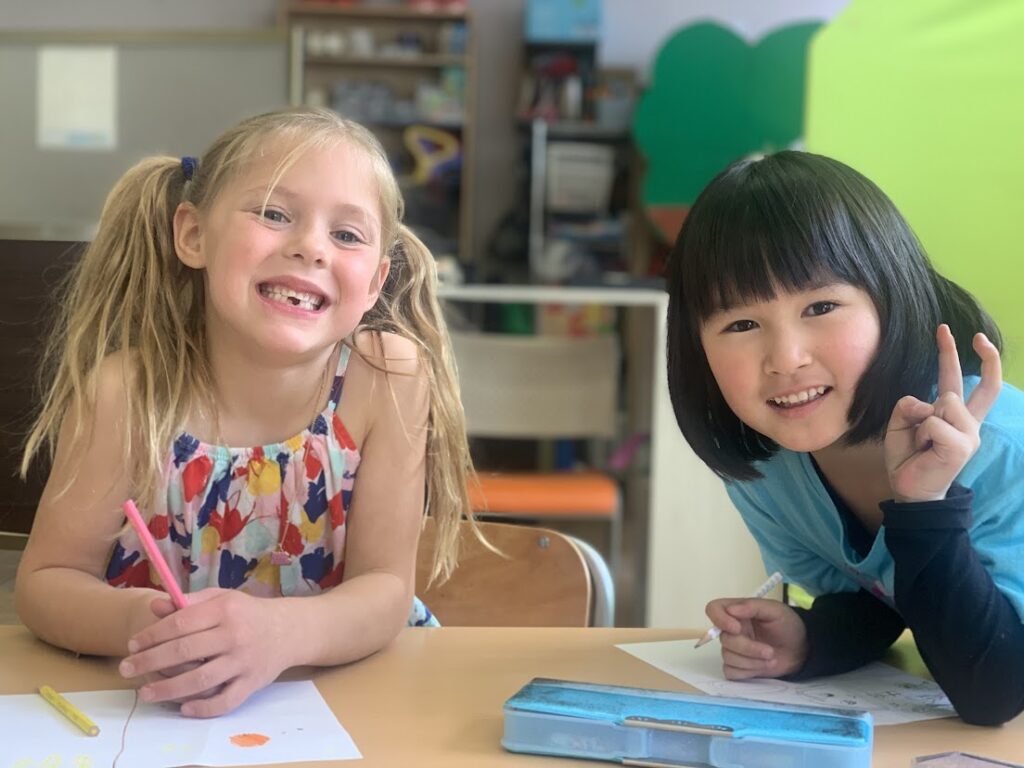
Perhaps the greatest (and most immediate) benefit parents can witness in children learning a second language involves cognitive development. The U.S. Department of Education states children who begin learning second languages before the age of six will “have an easier time understanding math concepts and solving word problems; developing strong thinking skills; using logic; focusing, remembering, and making decisions; thinking about language; and learning other languages.”
Bilingualism and Social-Emotional Development
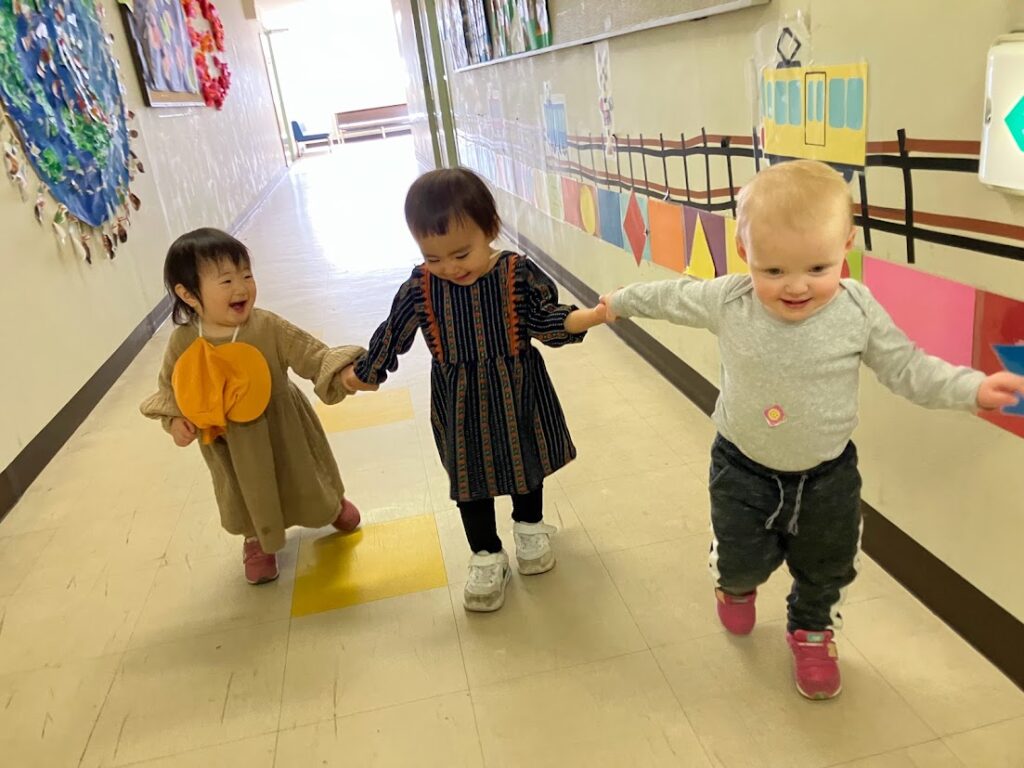
Broadening language experience during school hours enriches family and community ties. By bridging the communication gap between languages, bilingual children can understand and connect with more individuals, building even stronger friendships within their schools and communities. This crucial skill plays out with overall improved communication experiences with others and again, allows them to build better relationships than students who learn only one language.
Bilingualism’s Impact on Learning
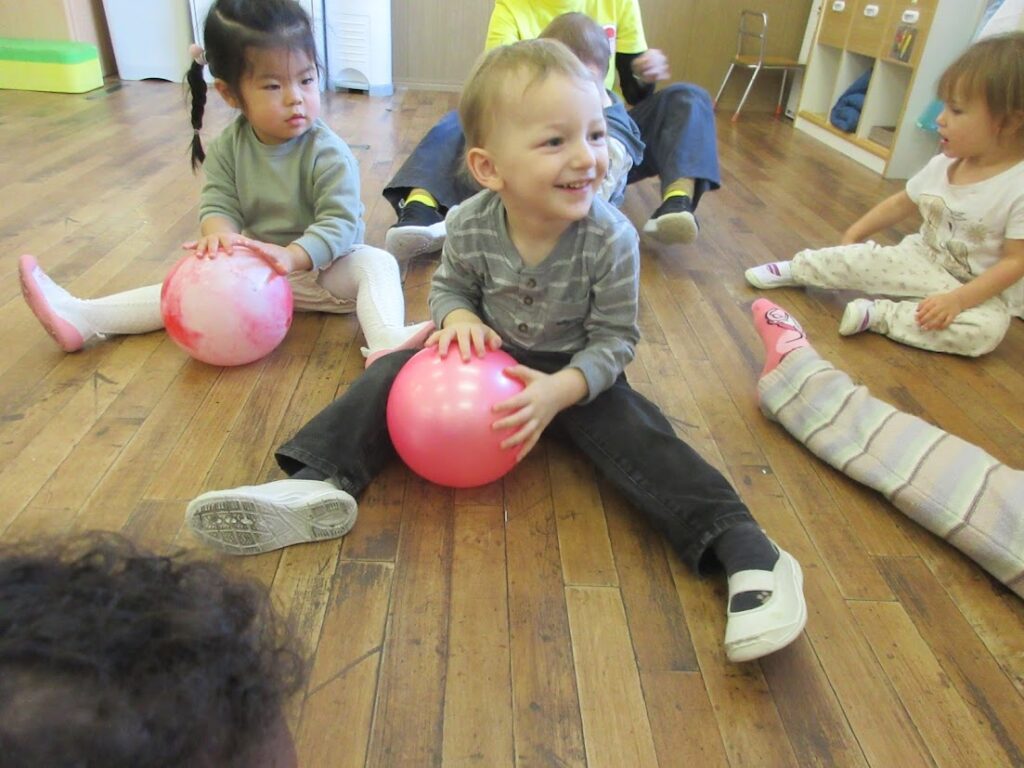
Introducing a second language early on improves children’s learning abilities. It helps children learn how to intake only the important facts while weeding out irrelevant information.
Bilingualism and Long-Term Success
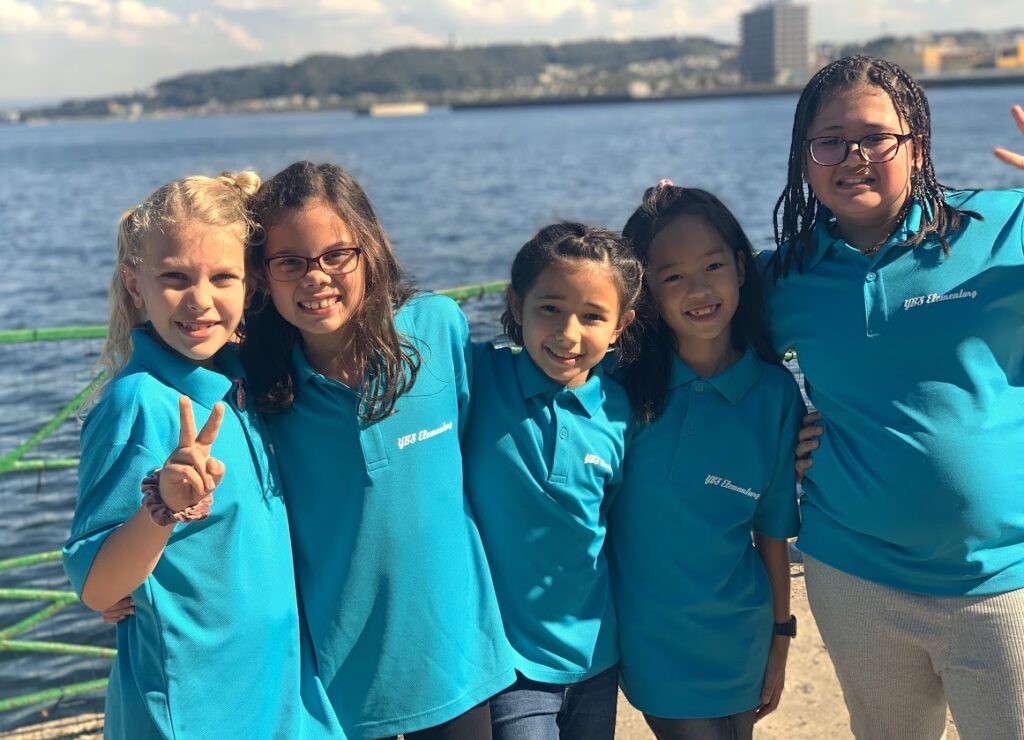
According to statistics, 50-65% of all adults across the globe now speak a language other than English. By those statistics alone, those who speak only English are already in the minority.
What does this mean for your child? Being in the language minority will limit their opportunities when they reach adulthood.
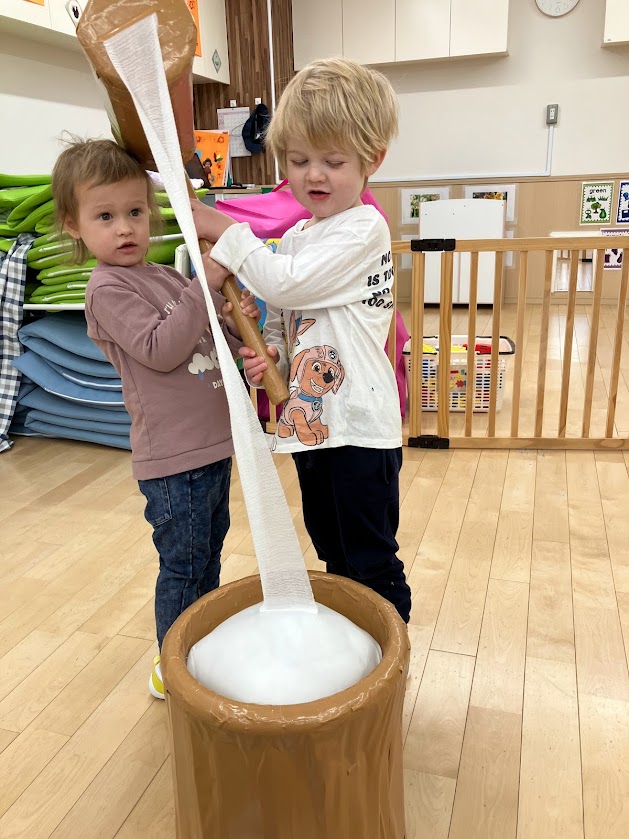
At YBS, children from age 6 months will be immersed in a bilingual environment. They will use both Japanese and English during school activities and will naturally build their second language skills.
YBS is full of opportunities for your children to be bilingual, which will benefit their future learning.
